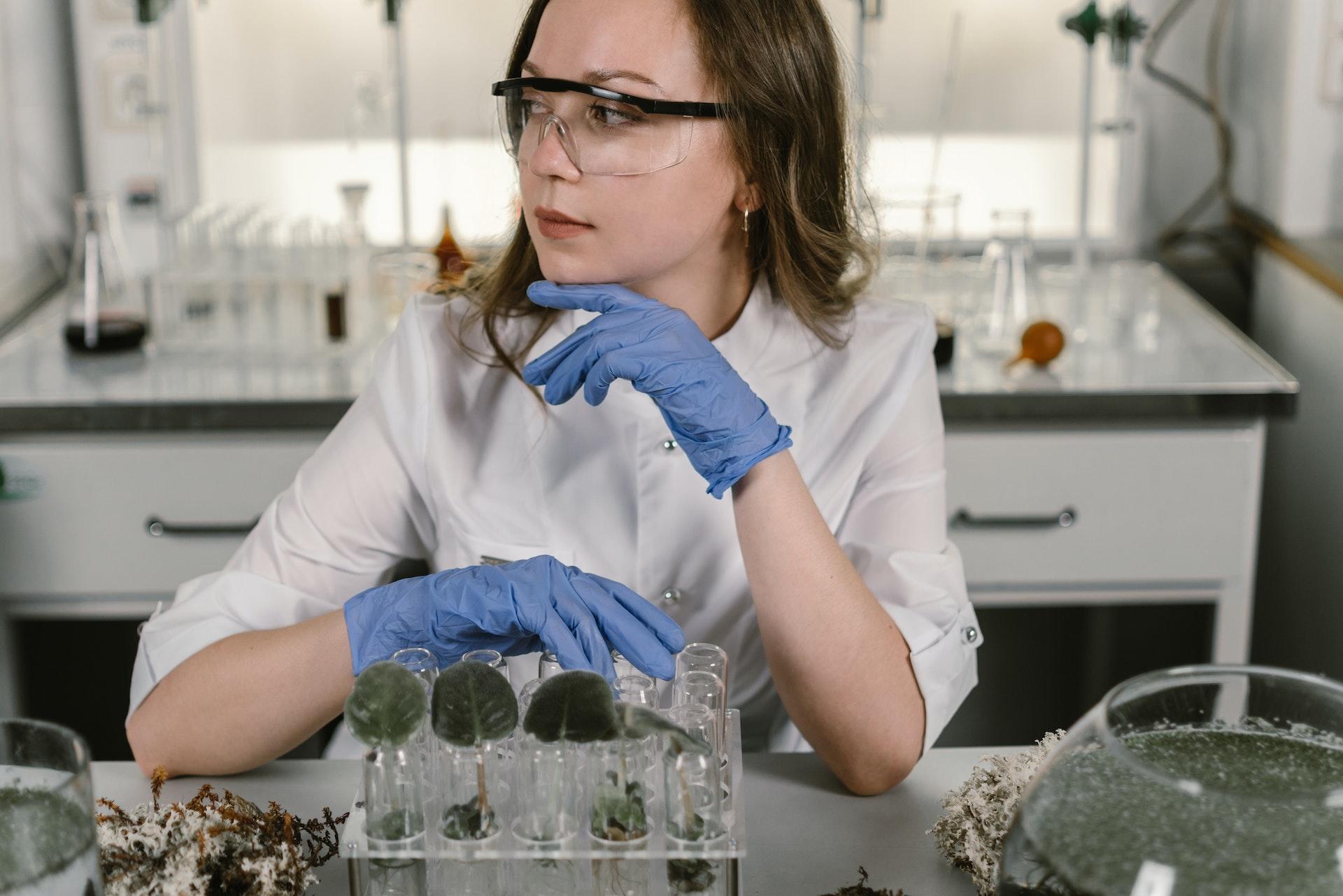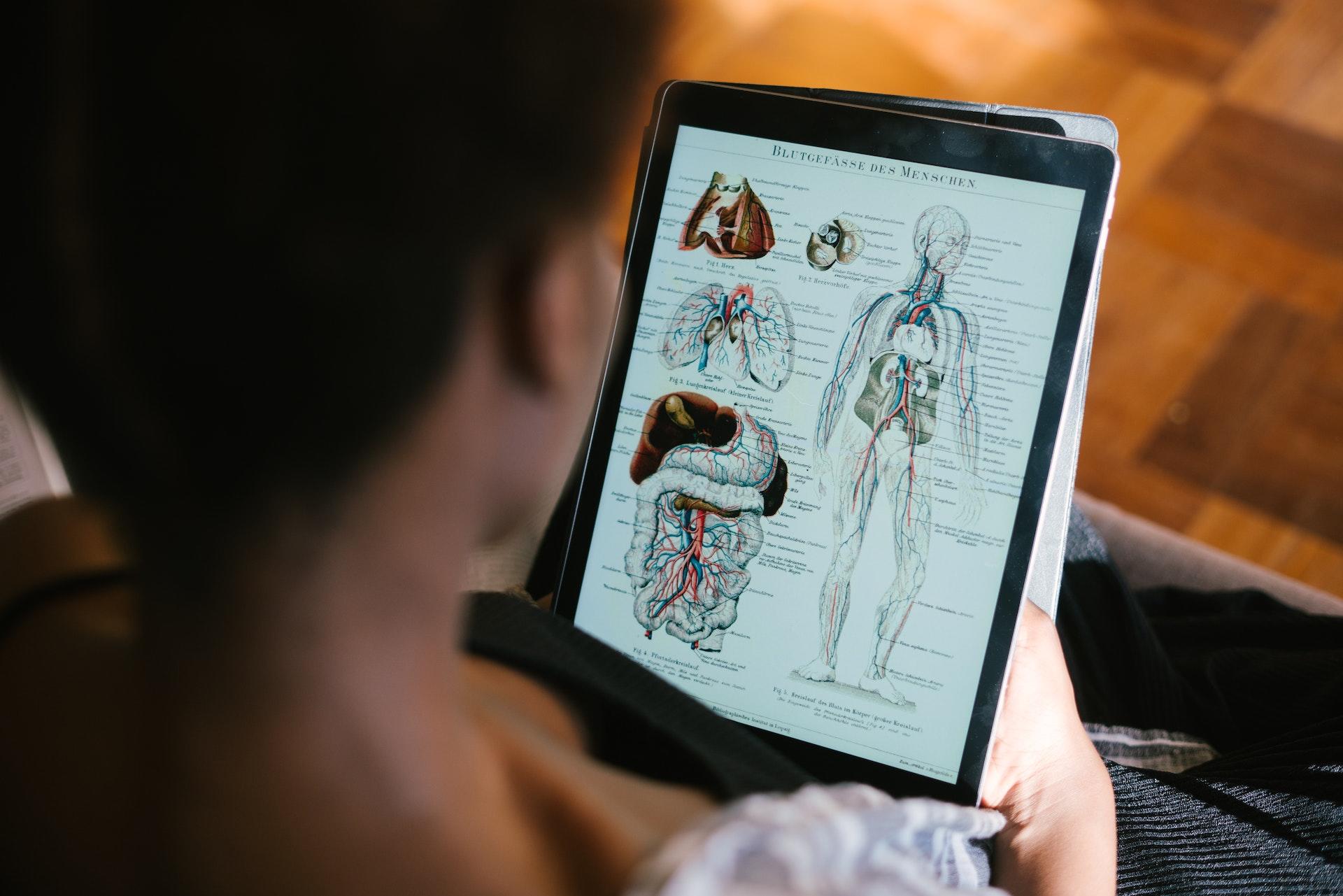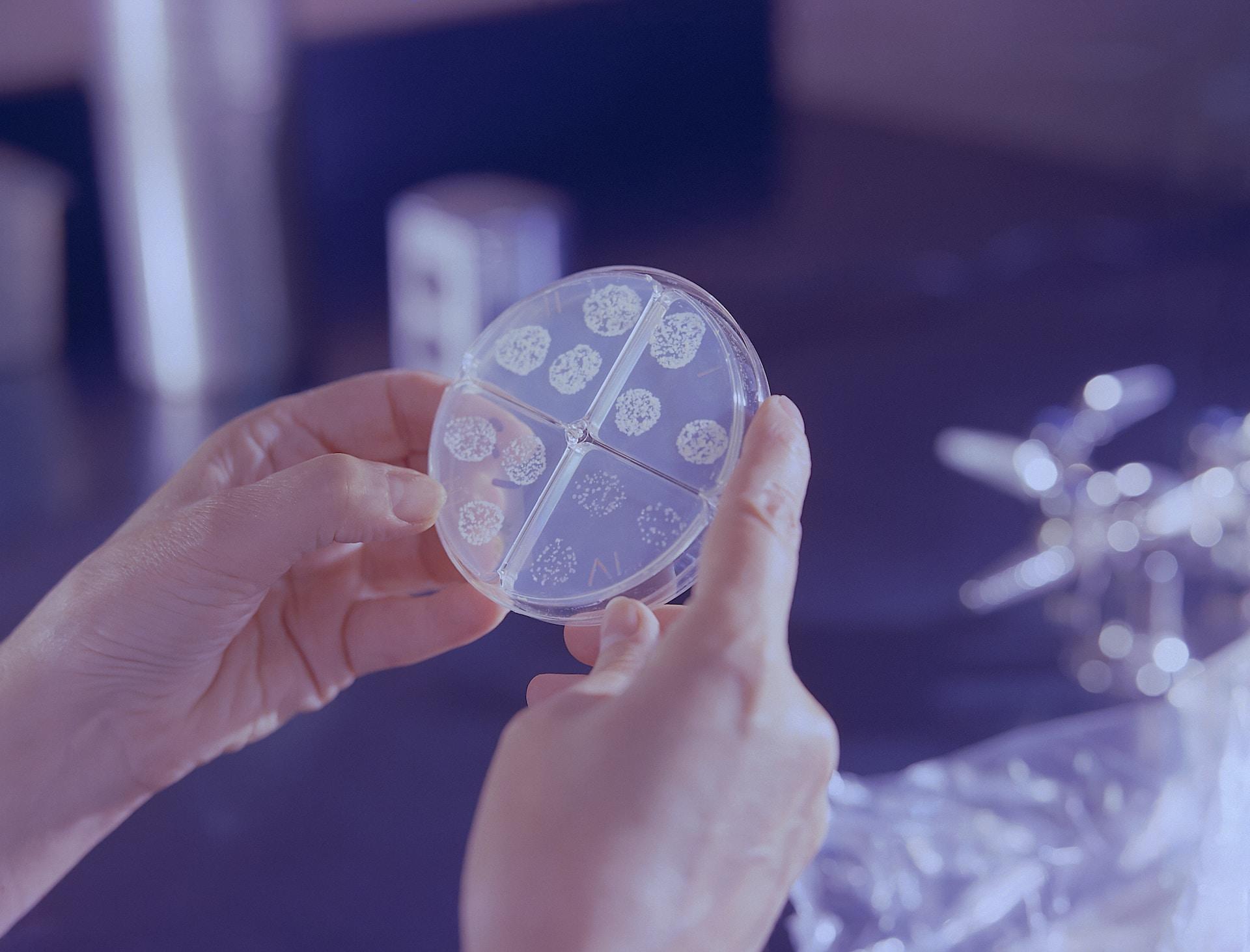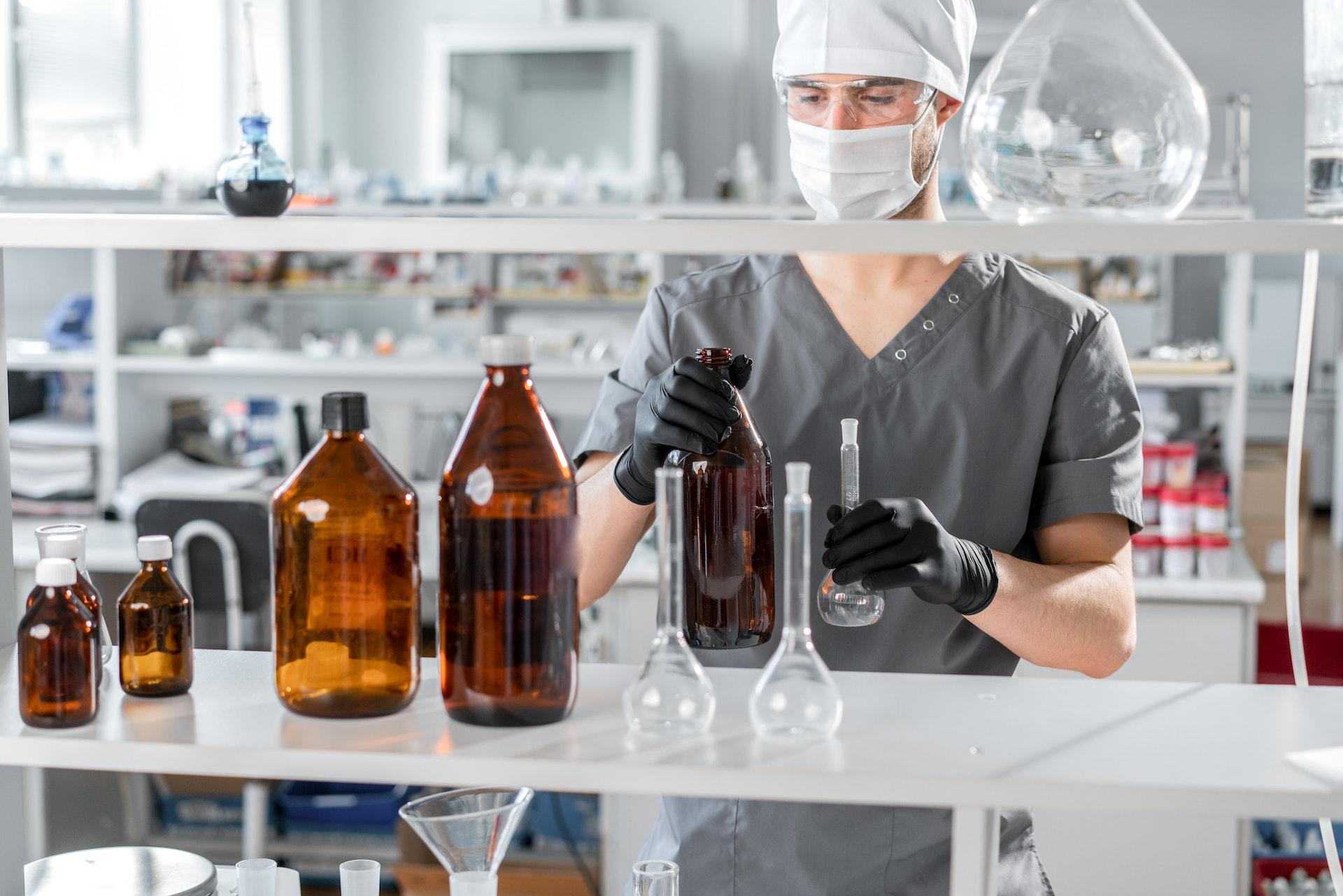You’ve likely heard each of these terms before, but may not have known what the difference between them really is.
If you’re considering studying one of these subjects in high school or college, how do you know which one you should choose?
Here, we will break down the major differences (and similarities!) of each of these niches within the scientific discipline.

What is Biochem?
Biochemistry is a relatively new niche section of chemistry that became a distinct discipline in the early 20th century. It’s a combination of chemistry, physiology, and biology that lets scientists study the chemistry of living things.
Simply put, it’s the discipline that scientists use to understand how chemicals and chemical processes occur inside a living thing. It’s applying the principles of chemistry to organisms.
Biochemists study plants, animals, and microorganisms to understand the chemistry of their biology.
The study of biochemistry has led to great advances in understanding nutrition; hereditary traits; cause, effect, prevention, and cure/management of disease; immunochemistry; food production; agriculture; pharmacology; toxicology; biotechnology.
How Is Biochemistry Different from Chem & Organic Chem?
The big questions that biochemistry focuses on are along the lines of:
- What are the chemical processes that happen within an organism?
- How do these chemical processes translate into the functions of an organism?
For example, we know that red blood cells carry oxygen around the body and distribute it to organs. But how does it do that, chemically? What processes and components need to be present for the blood cell to be able to carry oxygen? What processes and components are required for oxygen to transfer to another cell in an organ? How do these cells “know” how and when to trade oxygen with each other?
Biochemistry focuses on extremely specific, pinpointed areas of focus. What is learned from the intense study of one singular thing leads to more and more questions and answers and a deeper understanding of a whole system.
If a biochemist, a chemist, and an organic chemist were all studying a tree, the chemist would research to find out what types of molecules the tree is made of, and what happens if you burn or freeze the tree and such. The organic chemist would see how carbon plays a role in the structure and function of the tree. The biochemist would research how the tree absorbs chemicals from the air and soil, how the nutrients are transferred to the different structures within the tree, and how the tree turns these chemicals into new growth or sap, etc.

What is Chem?
Concisely, chemistry is the study of matter. More specifically, it’s the study of the composition, structure, properties, and reactions of matter.
Everything is a chemical because everything is made up of matter. Matter is made up of atoms. Atoms are the base building block for anything tangible. Atoms are chemicals, and everything is made of atoms, therefore everything is made of chemicals.
The only things that are not chemicals are things like light, heat, potential and kinetic energy, and thoughts.
(Remember this next time a company tries to sell you something “chemical-free!”)
How Is Chemistry Different from Biochem & Organic Chem?
Chemistry is a more broad science, whereas biochemistry and organic chemistry are more honed specialties within chemistry. It’s similar to how medicine is broken up into specialties like dermatology, cardiology, rheumatology, and so on. One can be a general medical practitioner or a specialist; a chemist or a biochemist, etc.

What is Organic Chem?
“Organic” in science means something different than “organic” in daily life. In general society, “organic” typically means something naturally occurring, or a food that was not grown with certain types of pesticides. In art, it mostly refers to things like shapes that are not geometric.
In science, “organic” means “molecules that are made up of carbon plus at least one other element.” Remember this! Otherwise, you’ll be quite confused!
So, organic chemistry is “the study of the structure, properties, composition, reactions, and preparation of carbon-containing compounds.”
While it used to be used only to study things naturally occurring, it now includes the study of man-made products that fit the above definition, like plastic.
They could have called organic chemistry “carbon chemistry” instead and saved the rest of us the confusion!
How is Organic Chemistry Different from Biochem & Chem?
In the analogy before, about medicine, organic chemistry is another specialty. Chemists are general doctors, and organic chemists and biochemists are specialists like osteologists or ophthalmologists.
And, while each type of doctor’s knowledge, studies, and practice overlaps in certain areas, in general, they focus on their own specific things.

Can You Switch Between Different Chemistry Majors?
Since all three of the subjects we’ve covered today are interrelated you may be able to switch your major from one to the other in your undergrad studies.
The biggest factor that might stop you from being able to do that is the university’s policies regarding switching majors and specifically switching specific majors like organic chemistry. Some programs are not designed for students to switch.
But if you are in the first or perhaps second year of your undergraduate degree, you should be able to switch as you discover what it really means to study chemistry.
However, if you get too far in your studies it may not be possible to switch mid-degree. If you’re a general chemistry major, you won’t have the specific knowledge needed to obtain a more specific degree. If you are in the organic or biochemistry track, you may not be able to switch to general chemistry because your knowledge isn’t broad enough.
The good news is that you can always pursue a master's or doctorate degree in a slightly different field if you want to broaden or pivot your knowledge or career.
Any undergraduate degree in the chemistry vein will help you break into a career in science (or any other industry, since most employers just want you to have a college degree regardless of the major).
If you find you need to go back to school to get a specific degree to progress your career, you can always wait until that day comes and see if your employer will pay for your education!
Where to Find Biochemistry Tutors
Whether you’re in high school or college (or a postgraduate student), you will likely find yourself wishing you had some help learning material.
Through Your School
The first place to look for a chemistry tutor can be at your educational institution.
Many high schools and colleges have tutors available. Sometimes these tutors are fellow students. While these tutors do need to have a good understanding of the subjects they are tutoring, you’ll also want to ensure they are giving you good information!
Since the tutors may be students, it means they are also juggling the rest of their schoolwork with tutoring, and exhaustion or stress might make them give less-than-perfect tutoring help.

In-Person Tutors
Through a tutoring service with a tutoring company, you can be more certain that your tutor is qualified and focused. You should be able to see tutors’ biographies and relevant experience, as well as real student reviews.
You can also search your local newspaper, flyers posted at your school or around town, ask your school if they have recommendations, and check with a local youth group if they have any advice.
With Superprof, you can search for tutors for biochemistry online and even set up in-person meetings with many of them! Superprof lets you see how many students your prospective tutor has had as well as real, verified reviews from students so you can be sure to choose the tutor who is right for your needs.
Online Tutors
Find biochemistry tutoring online easily with a simple Google search or utilize Superprof where you can find tutors from all over the world specializing in whatever you need. You’ll easily be able to find a tutor who meets your budget and schedule.
For additional assistance in your studies, you might consider exploring the offerings of chemistry tutors available in the United States.
Studying in the chemistry field is a novel pursuit that can lead to an amazing and lucrative career. If you’re passionate about chemistry or any niche type of chemistry, do your research and see if pursuing a degree is right for you!
Summarize with AI:















